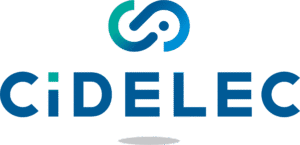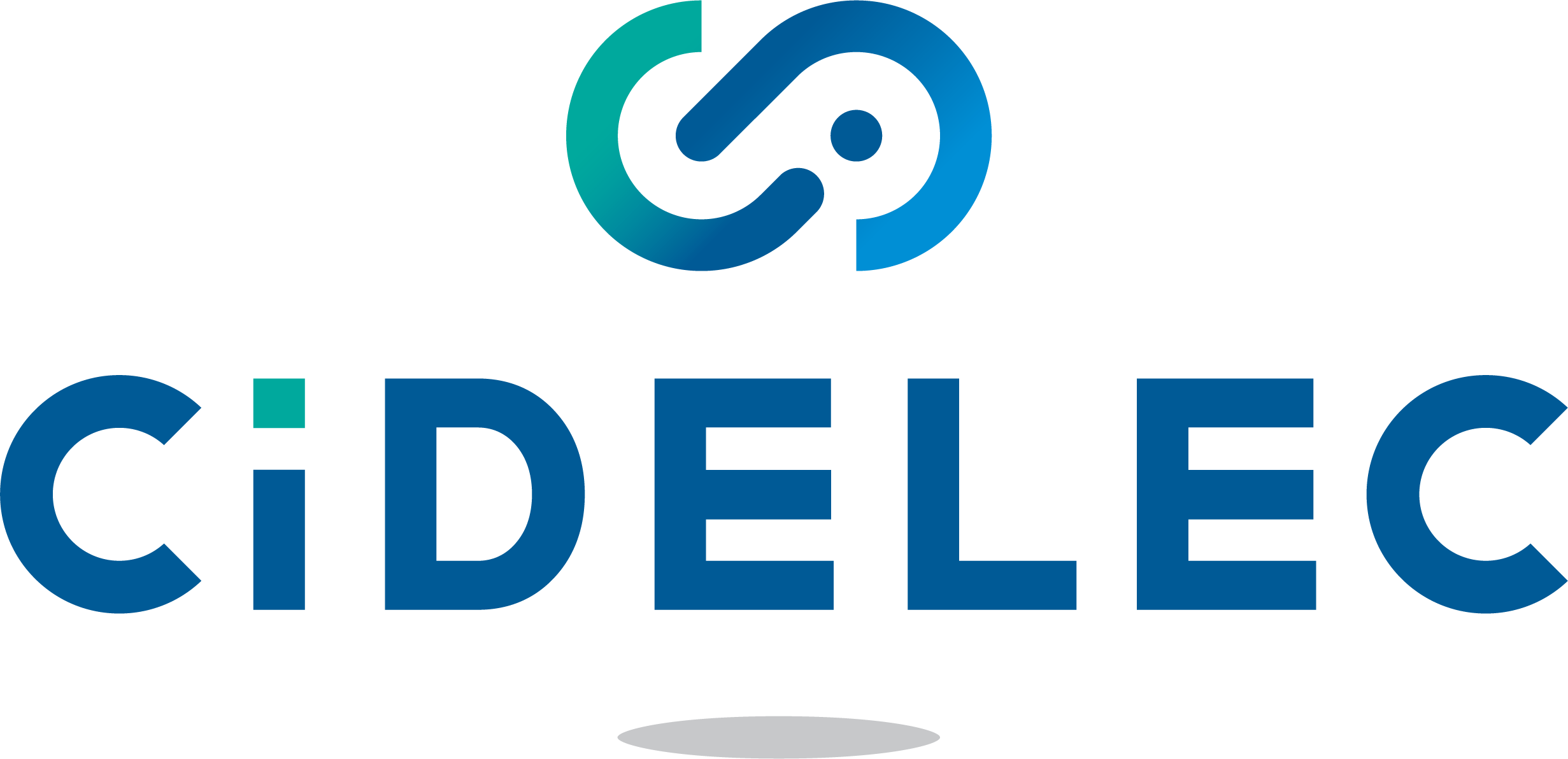HypnoLighT
Advenced respiratory polygraphy

Until now, only polysomnography has been used to define the phases of wakefulness and sleep in patients. HypnoLighT automatically detects when a patient is awake or asleep. Until now, only polysomnography has made it possible to define the phases of wakefulness and sleep in patients. Thanks to HypnoLighT, the periods of wakefulness and sleep are automatically detected by adding a real EEG to the respiratory polygraphy. No indirect assessment, no reconstruction of an unrecorded signal, we go straight to the source.
HypnoLighT provides an advanced respiratory polygraphy with an apnoea-hypopnoea index (AHI) calculated on the basis of actual sleep time. The AHI is a crucial indicator for identifying sleep breathing disorders. In conventional respiratory polygraphy, the AHI is often lower than in polysomnography, because the calculation takes into account the total duration of the recording, and not the actual sleep time.
To take things even further, we are working on the detection of micro-awakening hypopnoeas, which will make HypnoLighT even more accurate and more effective in diagnosing sleep breathing disorders.
Conclusive results
HypnoLighT increases the RP AHI by more than 22% on average, making it easier to diagnose sleep apnoea syndrome (SAS).
It is estimated that a third of patients whose SAS severity would be incorrectly estimated by respiratory polygraphy (instead of polysomnography) are correctly diagnosed thanks to HypnoLighT.
With HypnoLighT, the RP AHI is more accurate, making it possible to obtain a more reliable respiratory polygraphy diagnosis, at lower cost and without additional reading.
How it works
To improve performance, the algorithm distinguishes between different types of wakefulness: calm wakefulness with eyes closed, wakefulness with eyes open and restless wakefulness. The presence of light in the room is also taken into account to refine the analysis.
The frequency of alpha waves on awakening is identified for each patient, enabling the detection system to self-adjust for each recording. Thanks to this, over 90% of periods are correctly classified.
To avoid overdetecting wakefulness and overestimating the AHI, HypnoLighT will favour sleep over wakefulness when in doubt.
Optimised diagnosis using respiratory polygraphy
By providing a more accurate AHI, HypnoLighT makes it possible to reduce the number of second-line polysomnographic examinations.
By providing a more accurate AHI, HypnoLighT reduces the number of second-line polysomnographic examinations.
HypnoLighT enables more accurate differentiation of nocturnal arousals from sleep, which can reduce the number of misdiagnoses and improve patient management. PV AHI increases by over 22% thanks to HypnoLighT.
HypnoLighT offers a more detailed view of the patient's sleep, enabling sleep disorders to be identified and treated more effectively.
A complete solution incorporating HypnoLighT
HypnoLighT integrates seamlessly with CIDELEC’s CID-LXa portable polygraph to provide a complete and innovative solution for the diagnosis of sleep apnoea. This synergy combines the analytical precision of HypnoLighT with the convenience and reliability of CID-LXa, providing healthcare professionals with a highly effective tool for the accurate diagnosis of sleep disorders.
Some scientific publications
Amélioration des performances diagnostiques de la polygraphie ventilatoire par l’ajout d’une voie d’EEG
Vanbuis J., Hayek P., Blanchard M., Meslier N., Gagnadoux F.
Médecine du Sommeil, 2024.
DOI: 10.1016/j.msom.2023.12.114
Automatic identification of sleep and wakefulness using single-channel EEG and respiratory polygraphy signals for the diagnosis of obstructive sleep apnea
Sabil A., Vanbuis J., Baffet G., Feuilloy M., Le Vaillant M., Meslier N., Gagnadoux F.
Journal of Sleep Research, 2019
DOI: 10.1111/jsr.12795
Estimation of AHI using a single-channel EEG and home polygraphy signals
Vanbuis J., Sabil A., Baffet G., Feuilloy M., Meslier N., Gagnadoux F.
European Respiratory Journal, 2018.
DOI: 10.1183/13993003.congress-2018.PA2247
Utilisation d’une voie EEG couplée aux signaux de polygraphie ventilatoire pour la détection automatique de l’éveil et du sommeil
Vanbuis J., Sabil A., Baffet G., Feuilloy M., Meslier N., Gagnadoux F.
Published by Elsevier Masson SAS, Médecine du Sommeil, 2018.
DOI: 10.1016/j.msom.2018.01.039

